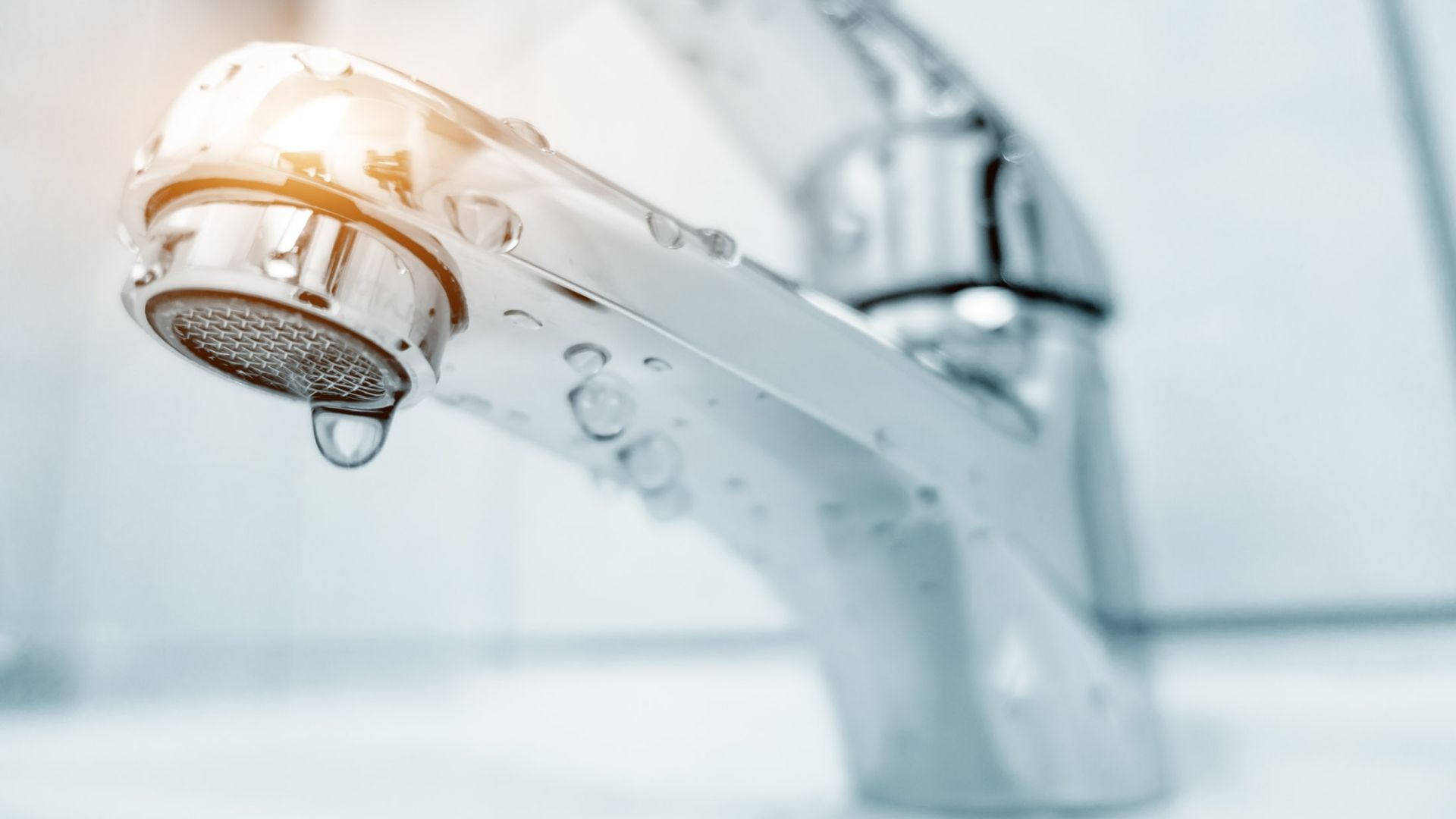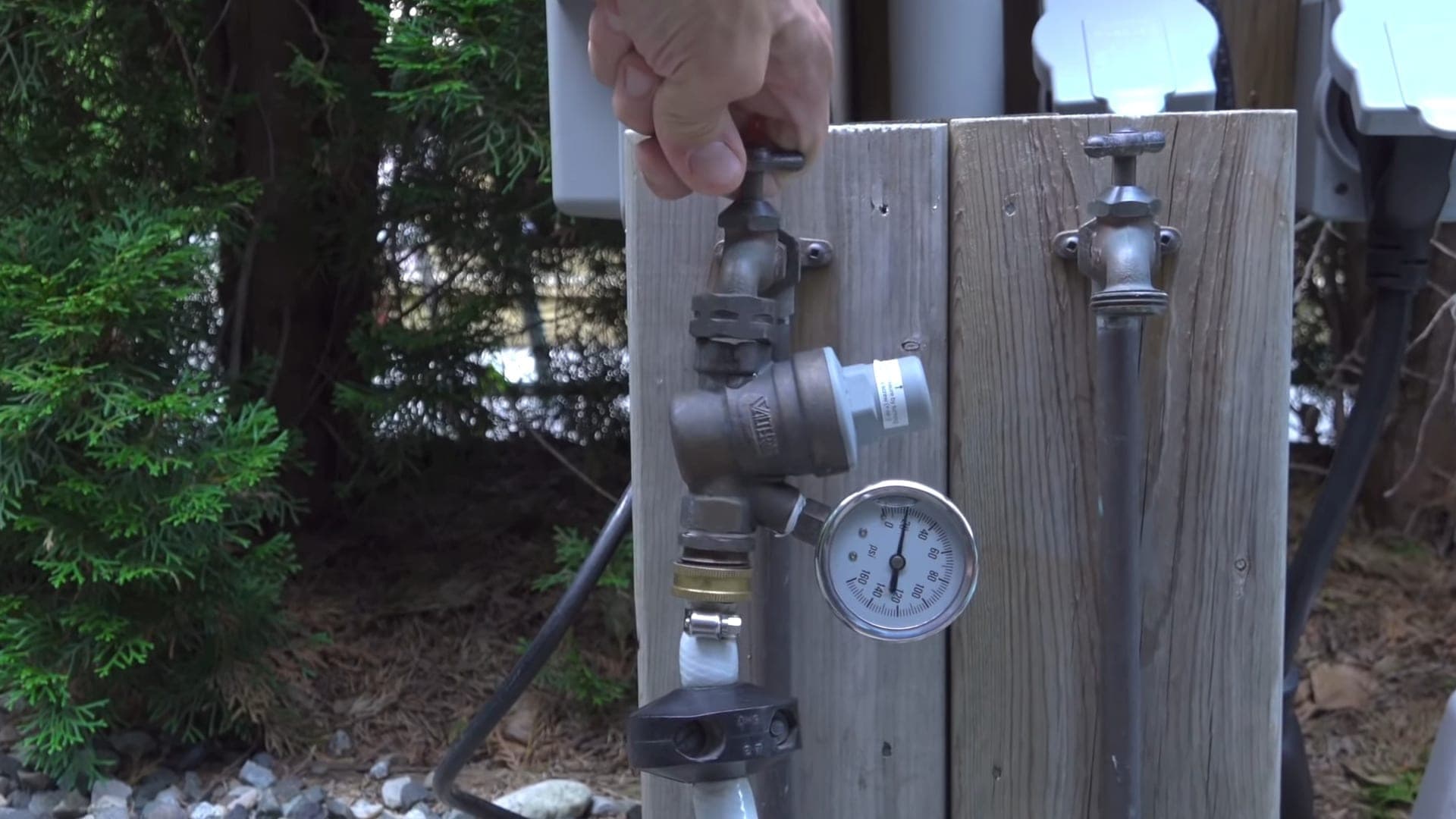My Manual to Fixing Low Water Pressure in Your Home
My Manual to Fixing Low Water Pressure in Your Home
Blog Article
Have you been interested in resources around 9 Reasons for Low Water Pressure in Your House?

Low water pressure in your home can be a discouraging problem, affecting every little thing from showering to washing meals. If you're experiencing weak water flow, there are a number of possible causes and options to explore. In this guide, we'll discuss typical factors for low water stress and functional actions to resolve the issue successfully.
Intro to Low Water Pressure
Low tide stress takes place when the flow of water from your faucets, showers, and various other components is weak than usual. This can make daily jobs extra challenging and less effective. Comprehending the root causes of low water pressure is essential to discovering the best service.
Common Reasons For Low Water Stress
Pipe Obstructions
With time, pipes can come to be clogged with mineral deposits, sediment, or particles, restricting the circulation of water. This is a typical problem in older homes with galvanized steel pipelines.
Corrosion
Deterioration within pipes can bring about leaks and minimized water pressure. Corrosion build-up can constrict water circulation, especially in aging plumbing systems.
Faulty Stress Regulators
Pressure regulatory authorities are responsible for maintaining consistent water pressure in your home. If they malfunction, it can cause low water pressure or irregular circulation throughout the house.
Municipal Water System Issues
Occasionally, the problem lies outside your home. Community water issues, such as main line leaks or maintenance work, can temporarily minimize water pressure in your location.
How to Detect Low Tide Stress
Inspecting Faucets and Components
Begin by testing the water pressure at different faucets and components throughout your home. If the concern is separated to certain areas, it may show localized issues.
Checking Pipes
Examine visible pipes for indications of leakages, rust, or obstructions. Take notice of any kind of uncommon noises, such as banging or rattling pipelines, which could indicate problems within the plumbing system.
Consulting with a Plumber
If you're unable to pinpoint the reason for low water pressure, think about hiring a specialist plumber to conduct a complete examination. They can identify underlying concerns and advise suitable services.
Do It Yourself Solutions to Take Care Of Low Water Pressure
Cleaning Aerators and Showerheads
Natural resources can gather in aerators and showerheads, reducing water circulation. Eliminate and cleanse these elements consistently to improve water stress.
Flushing Water Heater
Sediment accumulation in the water heater can limit circulation and lower performance. Flushing the container regularly helps eliminate sediment and keep optimal efficiency.
Checking Pressure Regulator
Make sure that the stress regulatory authority is working appropriately. Readjusting or changing the regulatory authority can assist bring back correct water stress throughout your home.
Cleaning Clogs in Pipeline
For minor clogs, attempt making use of a plumbing snake or chemical drainpipe cleaner to clear obstructions in pipes. Beware when using chemicals and adhere to security guidelines.
When to Call a Specialist Plumber
If DIY initiatives fail to resolve the problem or if you believe significant plumbing troubles, it's ideal to seek support from a certified plumber. They have the experience and devices to resolve complicated problems safely and effectively.
Safety Nets to Keep Water Pressure
Regular Upkeep
Set up routine maintenance for your plumbing system to avoid concerns such as corrosion, leaks, and blockages. Attending to minor problems early can help stay clear of even more substantial fixings in the future.
Mounting a Stress Booster
Think about mounting a stress booster pump to improve water pressure in locations with continually low flow. This can be specifically valuable for multi-story homes or residential properties with high-demand fixtures.
Surveillance Water Use
Be mindful of water usage practices and stay clear of ill-using the plumbing system. Easy modifications, such as incredible showers and laundry loads, can help maintain appropriate water stress.
Verdict
Taking care of low water pressure can be discouraging, but identifying the underlying causes and carrying out proper solutions can restore ideal circulation throughout your home. Whether it's cleaning up aerators, evaluating pipelines, or seeking advice from a plumber, taking positive steps can make certain a steady supply of water for your daily needs.
FOUR WAYS TO FIX LOW WATER PRESSURE NOW
Turning on a shower or faucet only to find the water comes out in a sad, slow drizzle is never a good feeling. How exactly are you supposed to wash a pan or take a quick shower when it takes 10 minutes just to rinse off a little soap? The good news is that when your water pressure is bad, there's always a cause: typically one that can be easily fixed. Here are some of the most common causes of low pressure and what you can do to fix the issue:
DEBRIS AND MINERAL DEPOSIT BUILDUPS
If you notice low water pressure from just one or two of the fixtures in your house, the problem likely has to do with debris buildup. Water is full of minerals and other debris, all of which can accumulate in your pipes and on your fixtures. This can cause a blockage that affects how much water flows through. To fix this, try filling a small plastic bag with white vinegar, and use a rubber band to hang it around your showerhead or faucet. Let the head of the fixture soak for a few hours, and the vinegar should loosen the deposits.
WATER LEAKS
Leaks are another common cause of low water pressure. If water is flowing out of your plumbing through a hole or crack before it can reach your fixture, the pressure coming out of the faucet or showerhead will be lower. A plumbing professional is your best bet for finding and repairing a leak in your water supply pipes.
Leaks are another common cause of low water pressure. If water is flowing out of your plumbing through a hole or crack before it can reach your fixture, the pressure coming out of the faucet or showerhead will be lower. A plumbing professional is your best bet for finding and repairing a leak in your water supply pipes.
FOUR WAYS TO FIX LOW WATER PRESSURE NOW
Turning on a shower or faucet only to find the water comes out in a sad, slow drizzle is never a good feeling. How exactly are you supposed to wash a pan or take a quick shower when it takes 10 minutes just to rinse off a little soap? The good news is that when your water pressure is bad, there's always a cause: typically one that can be easily fixed. Here are some of the most common causes of low pressure and what you can do to fix the issue:
DEBRIS AND MINERAL DEPOSIT BUILDUPS
If you notice low water pressure from just one or two of the fixtures in your house, the problem likely has to do with debris buildup. Water is full of minerals and other debris, all of which can accumulate in your pipes and on your fixtures. This can cause a blockage that affects how much water flows through. To fix this, try filling a small plastic bag with white vinegar, and use a rubber band to hang it around your showerhead or faucet. Let the head of the fixture soak for a few hours, and the vinegar should loosen the deposits.
WATER LEAKS
Leaks are another common cause of low water pressure. If water is flowing out of your plumbing through a hole or crack before it can reach your fixture, the pressure coming out of the faucet or showerhead will be lower. A plumbing professional is your best bet for finding and repairing a leak in your water supply pipes.
Leaks are another common cause of low water pressure. If water is flowing out of your plumbing through a hole or crack before it can reach your fixture, the pressure coming out of the faucet or showerhead will be lower. A plumbing professional is your best bet for finding and repairing a leak in your water supply pipes.
A VALVE ISSUE
If you have low water pressure throughout your home, check your main shut-off valve to make sure it's completely open. You may also want to see if there's a pressure-reducing valve installed. If there is, have a plumber help you adjust the settings to get the pressure you're looking for.
OTHERS USING WATER
Believe it or not, your low water pressure could be caused by your neighbors. If you notice low pressure at certain times of day, it may be because you and the people living next to you have similar schedules - when everyone is showering at the same time, the pressure will be lower in every home. Low pressure throughout the neighborhood may also be caused by an issue with your municipal water supply. If that's the case, call the supplier to see if they're working on the issue.
https://www.rotorooter.com/blog/water-leaking/low-water-pressure-fixes/

I discovered that article about 10 Reasons for Low Water Pressure in Your House when scouting around the web. Liked our post? Please quickly share it. Help other people discover it. Thanks a bunch for being here. Please come visit our website back soon.
Call Today Report this page